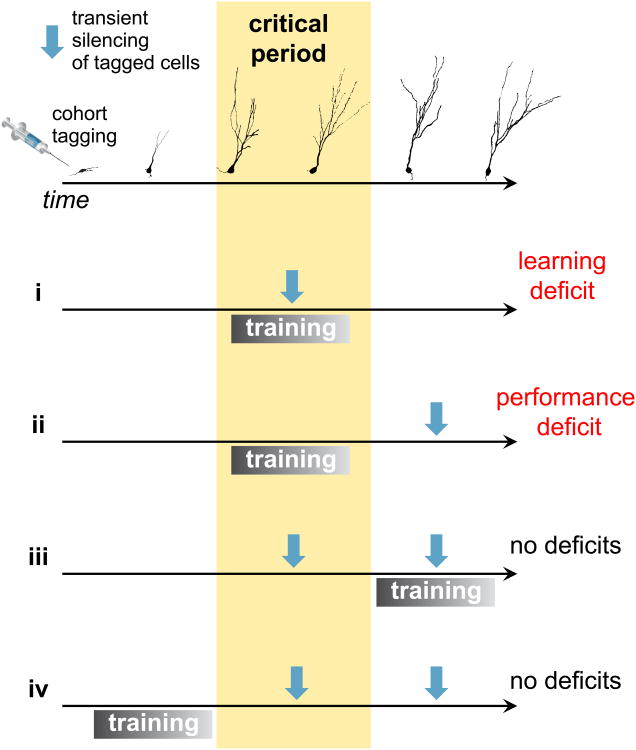Figure 2. Experimental testing and predictions for the conceptual model presented in Fig. 1.
In an idealized experiment, a cohort of young GCs is tagged with opto- or chemogenetically activated channels, allowing for a precise control of their silencing. A novel task requiring pattern separation is introduced. If training occurs while tagged GCs undergo their critical period, silencing these cells during training will generate a learning deficit, compromising future performance even without further silencing (i). If no silencing occurs during the training stage, future deficits in performance will appear transiently when silencing these GCs, even if fully mature (ii). If training occurs outside the critical window, no effect of silencing on performance is expected (iii and iv). The upper panel depicts the maturation process of a tagged cohort of developing GCs. GC, granule cell.

